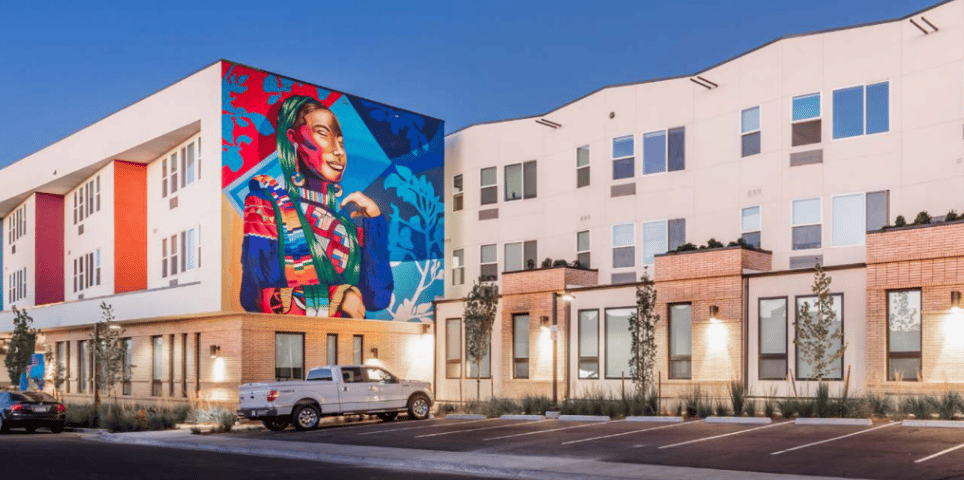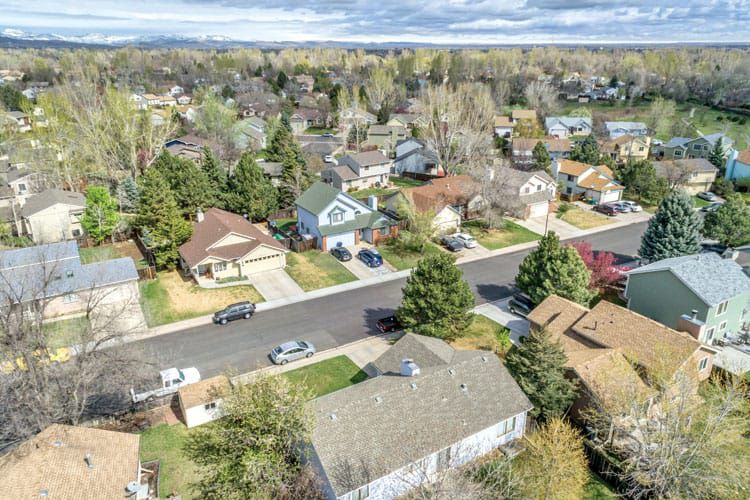Louisville slams door on inclusionary-housing ordinance
LOUISVILLE — Louisville City Council on Tuesday opted for caution over boldness when it came to amending inclusionary-housing requirements for developers.
The board voted down a measure that would have implemented one of the region’s most aggressive affordable-housing frameworks, with those on the prevailing side arguing that the proposal developed by city staff wasn’t fully baked enough and could result in developers moving projects planned for Louisville to nearby communities.
The voted-down ordinance, which failed 4-3, would have required that at least 30% of units in certain types of developments be made permanently affordable for those who earn less than the city’s area median income, or AMI. Projects that would have fallen under this new inclusionary housing requirement were those rezoned from a nonresidential commercial zone district to a residential zone district, approved for residential uses through a general development plan, or approved for residential uses through a special review use in a commercial zone district.
The ordinance would also have required the units to be constructed on-site, with no alternative option, such as the payment of fee-in-lieu. The requirement under current city code, which remains in place now that the inclusionary-housing ordinance is dead, is for all properties to include at least 12% affordable housing, but there are other alternatives such as fees-in-lieu.
While opponents of the measure were quick to note their support for the concept of affordable housing, members of the Louisville City Council said the city ought to tackle a housing study and comprehensive community plan update prior to implementing new inclusionary housing regulations.
Councilman Chris Leh said city leaders have yet to receive “the data that we could use to be able to make a better choice about how to achieve the affordable housing numbers that we have agreed to achieve,” while Councilman Caleb Dickinson said Louisville would be sending the “wrong signal” to developers if a package of incentives wasn’t built into an inclusionary-housing ordinance.
The ordinance did have its defenders Tuesday night.
Councilwoman Maxine Most called on her fellow board members to be “bold” and said, “I think it’s very important to do this.”
Pausing the ordinance approval process will simply delay the implementation of important housing policy, she said. “We could spend the next 10 years looking at data. … Every community is going to have to do some experimentation — we have to be bold, and I would like to see us move ahead with this.”
Source: BizWest





